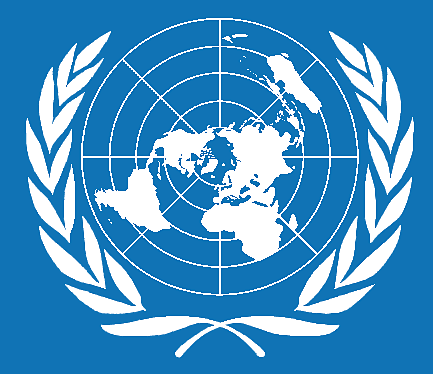United Nations and Interpol agree to expand cooperation
 Singapore - The United Nations and Interpol on Monday agreed to expand their cooperation as organized crime threatens to undermine international peacekeeping missions in countries recovering from conflicts.
Singapore - The United Nations and Interpol on Monday agreed to expand their cooperation as organized crime threatens to undermine international peacekeeping missions in countries recovering from conflicts.
"On every front ... we need Interpol to help," said Andrew Hughes, police adviser at the UN department for peacekeeping missions, after an inaugural UN-Interpol ministerial meeting in Singapore.
After signing agreements for enhanced cooperation on Sunday, the ministers on Monday endorsed a declaration to set a roadmap for police to play their full role on peacekeeping missions as an essential counterpart to the military.
According to the UN's Under-Secretary General for Peacekeeping Missions Alain Le Roy, the role of the UN police had increased significantly, with the number of police climbing from 6,000 in 2005 to 15,000 in the near future.
During the meeting, officials from UN and Interpol agreed that organized crime was a major obstacle to peacekeeping missions in a post-crisis environment with no rule of law and no functional juridical system.
"The existence of such crime prolongs the crisis," said Le Roy.
Interpol would provide police peacekeepers with access to its global databases on a variety of crime-related information, access to the world's only secure global police communication system, specialized investigative support and other expertise, said Interpol Secretary General Ronald Noble.
Created in 1923 and based in Lyon, France, Interpol is the largest international police organization, currently with 188 member countries.
Following the ministerial meeting, Interpol will hold its general assembly in Singapore.
Singapore Prime Minister Lee Hsien Loong, who opened the UN-Interpol conference, said that globalization had created difficult challenges for law enforcement agencies, despite the benefits it had brought to countries worldwide.
"Crime too has become global. Criminals can move around more easily and run transnational operations," said Lee.
"The same modern day technologies and techniques that improve our lives are as easily applied to more sinister ends," he added.
To effectively tackle transnational crime and terrorism, Lee said, "countries have to work more closely with one another, by sharing intelligence, watching for international fugitives and conducting joint enforcement actions."
"When good gains a foot, evil adds a yard," said Lee, quoting a Chinese saying.
"As you upgrade your knowledge, skills and equipment, you can be sure that criminals are doing the same," he warned, noting that "the contest between police and criminals is never-ending." (dpa)